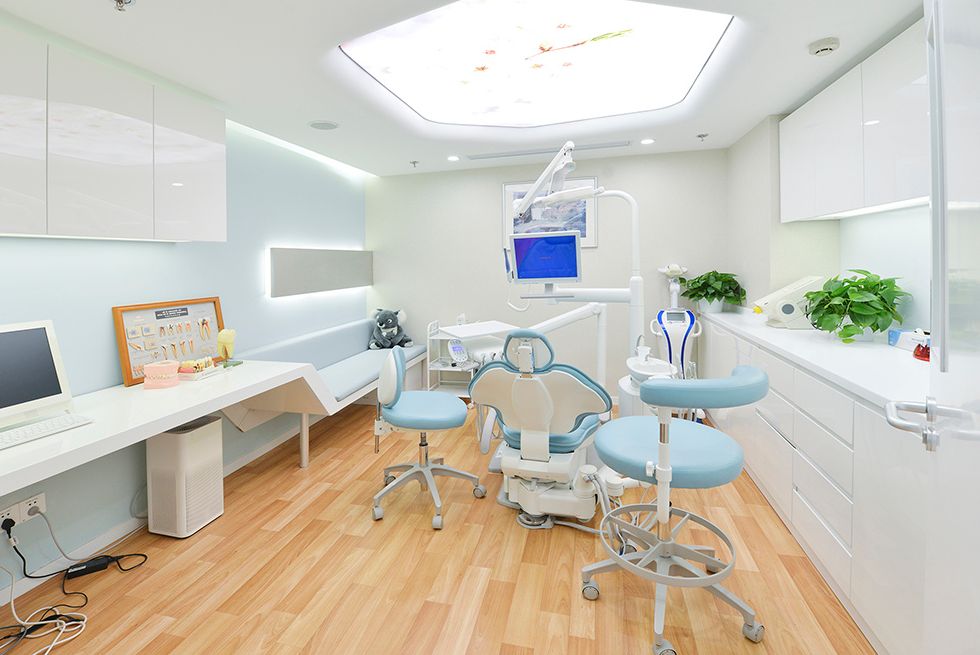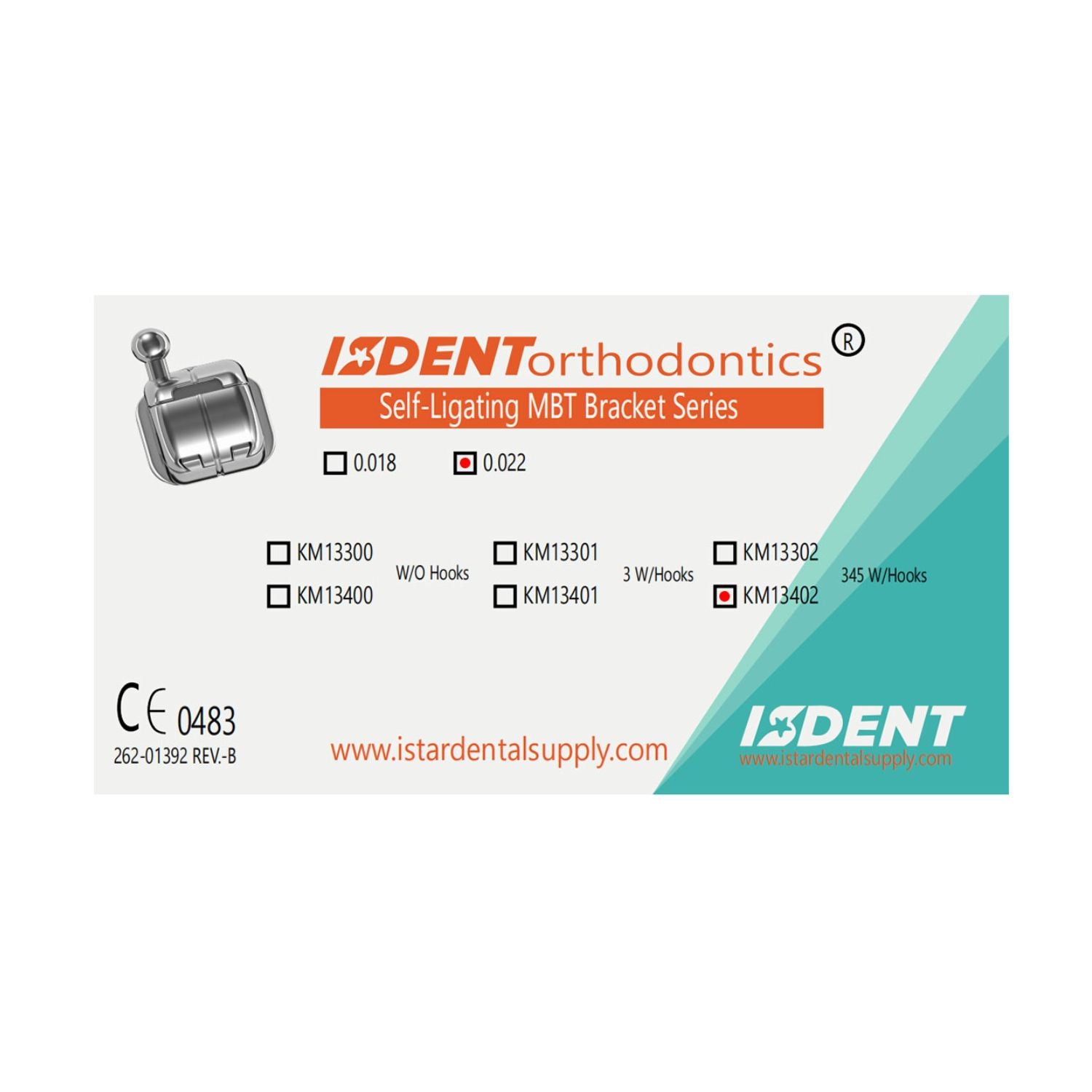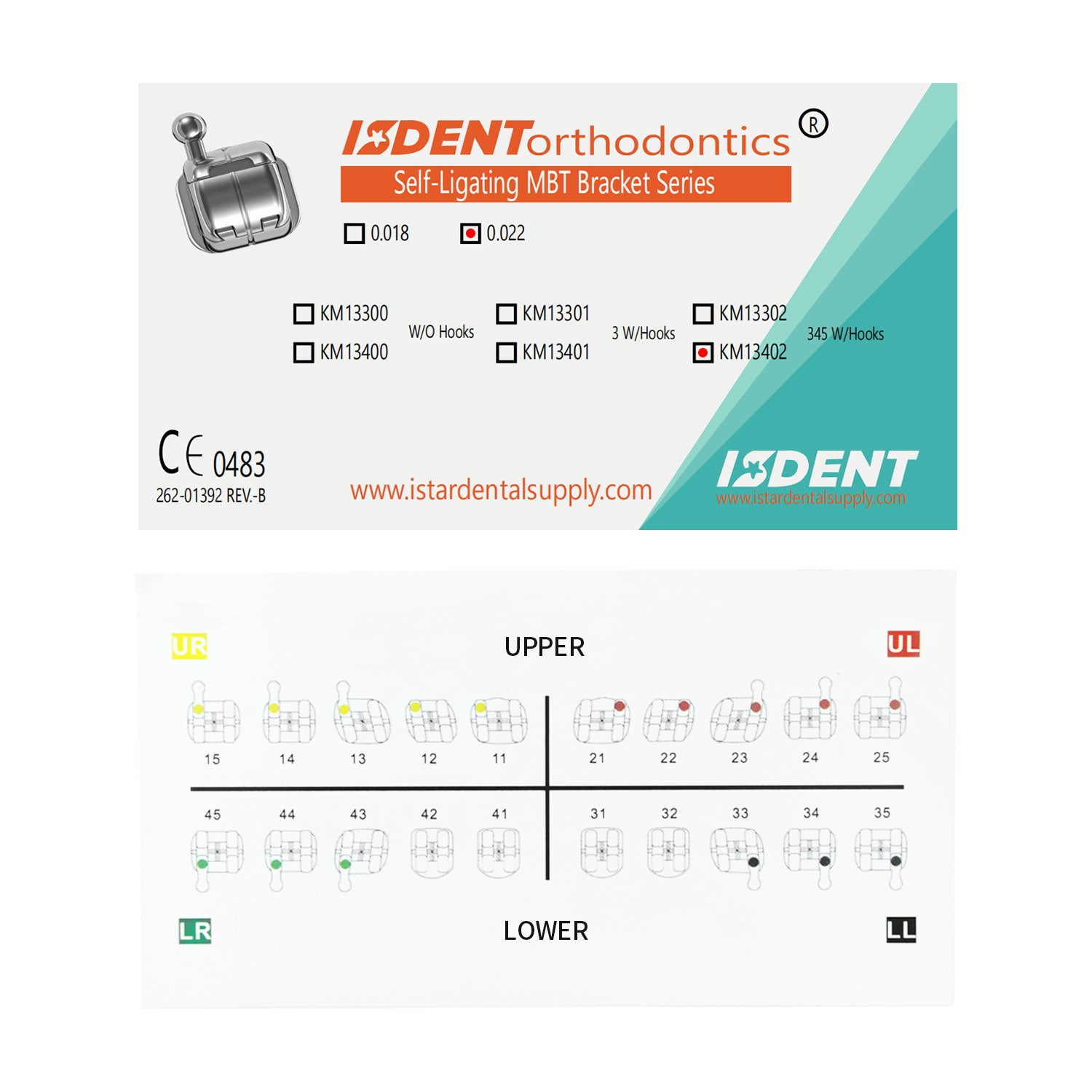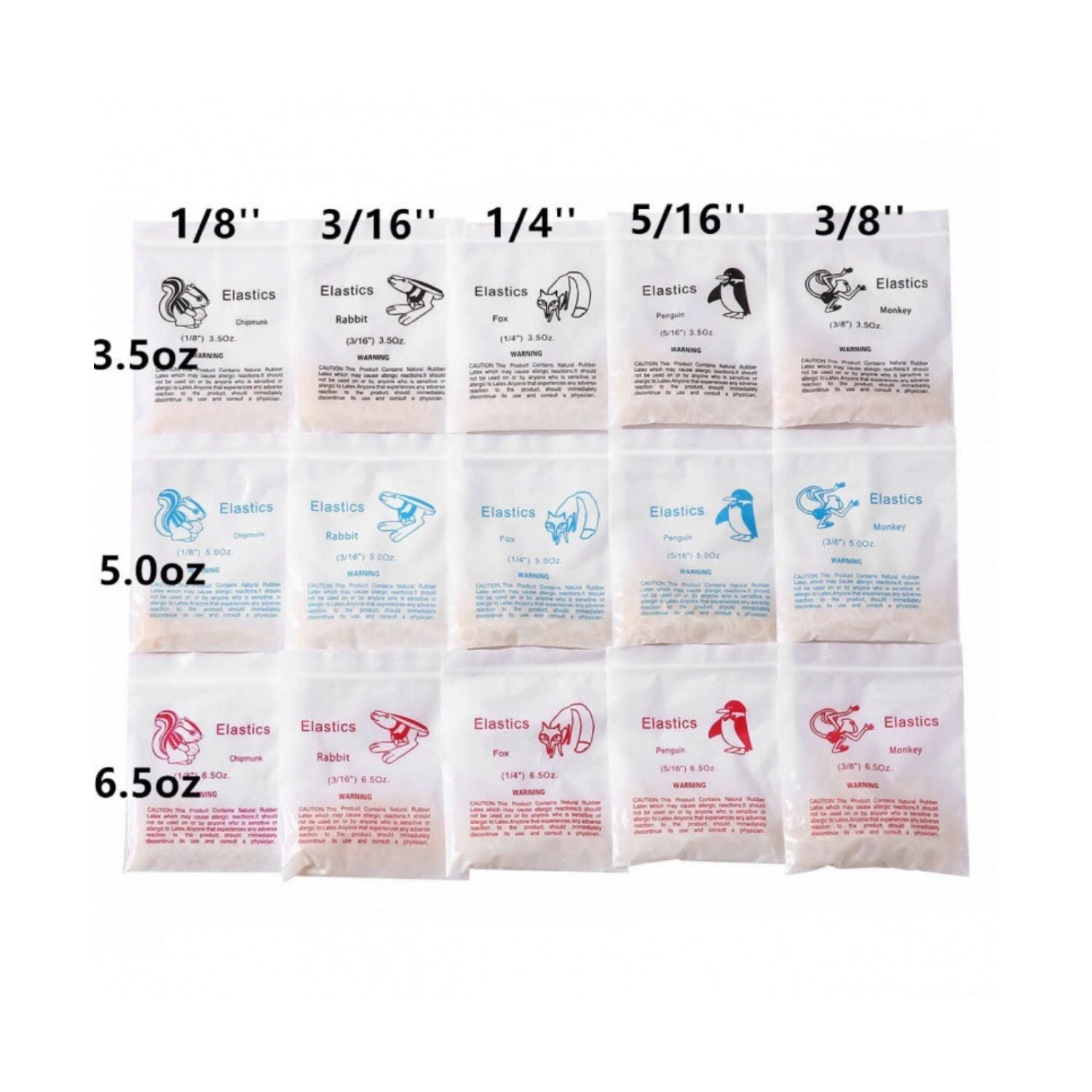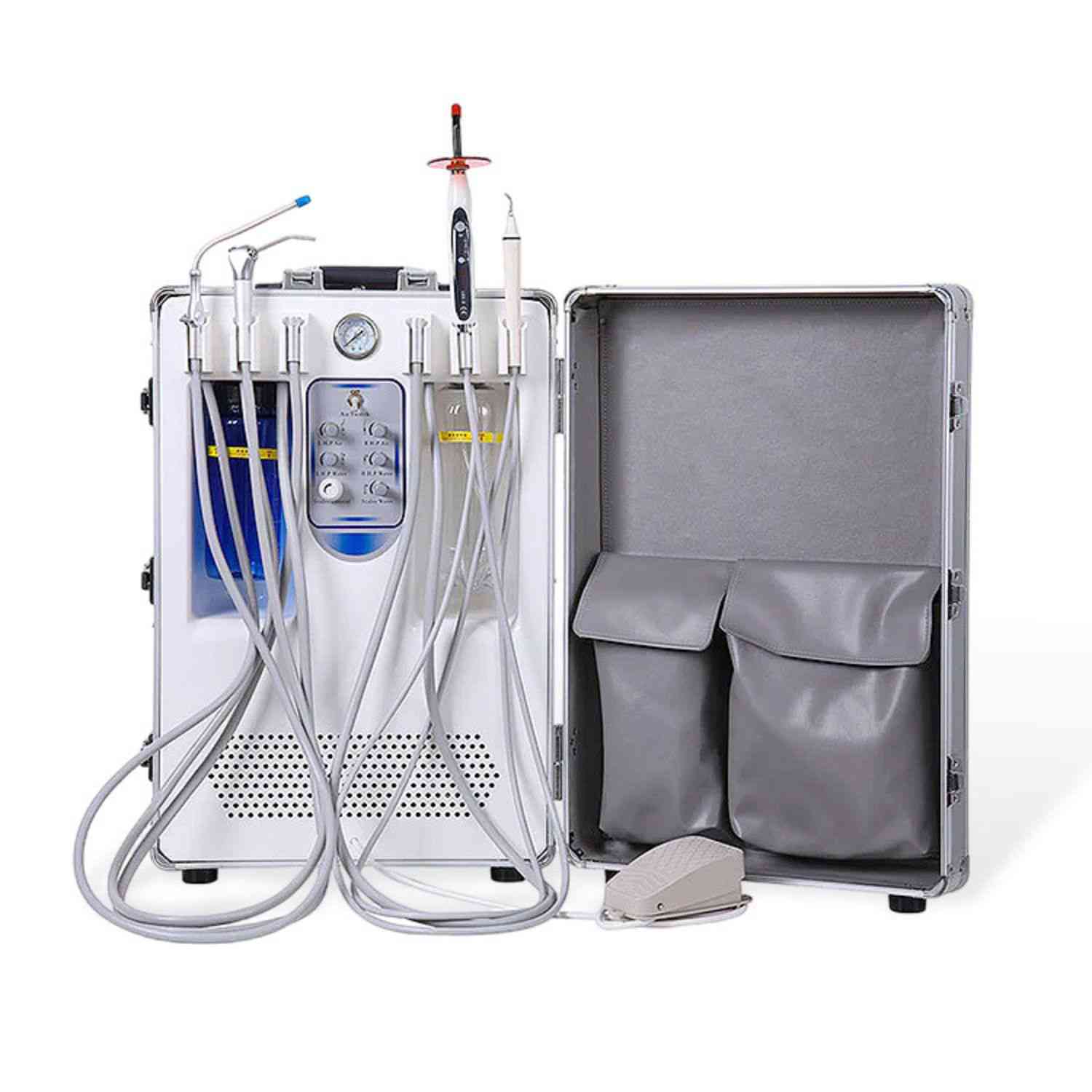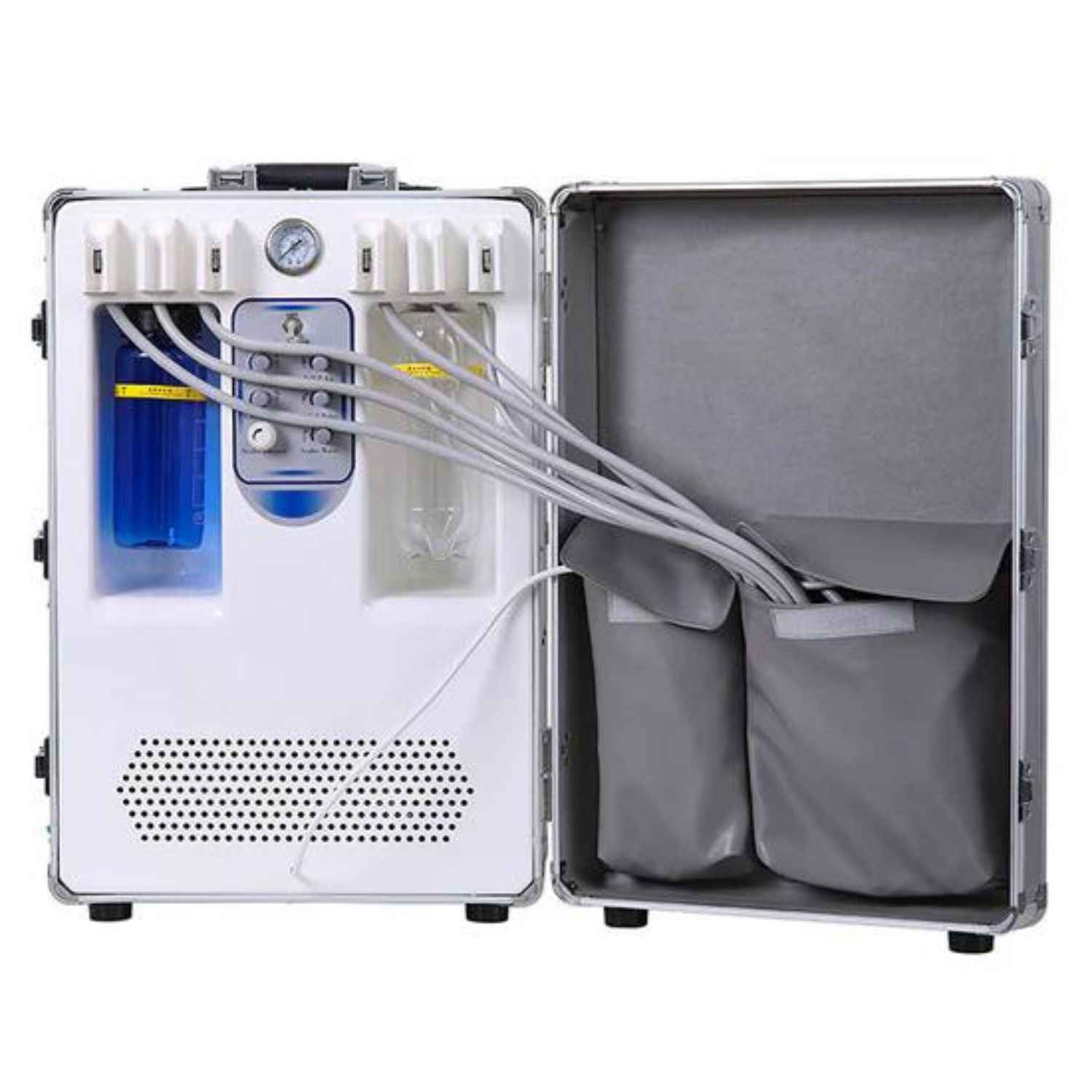In medical environments, air quality is crucial for protecting patient health and ensuring the safety of medical staff.
Pollutants and pathogens in the air can have a significant impact on patients, especially those with compromised immune systems. Therefore, employing advanced hospital air filtration and hospital air disinfection technologies to maintain a sterile environment is essential.
This article will explore key aspects of hospital air filtration and medical air disinfection, including their importance, standards, technologies, and maintenance practices.
What Are Air Filters and Air Disinfection Systems?
Air filters and air disinfection systems are key components in ensuring clean and safe air in medical environments. Hospital air filtration is used to remove particulate matter from the air, including dust, particles, and microorganisms.
These systems often use High-Efficiency Particulate Air (HEPA) filters, which can efficiently capture particles as small as 0.3 microns.
Hospital air disinfection, on the other hand, combines filtration with additional disinfection processes to kill or neutralize pathogens and pollutants, ensuring a higher level of air cleanliness. These systems are critical in preventing infections and protecting health.
The Importance of Medical Air Filtration and Air Disinfection in Healthcare Facilities
Maintaining impeccable air quality in healthcare facilities is crucial not only for comfort but also for ensuring patient safety and operational efficiency. Pollutants in the air pose significant risks in environments where every detail matters for optimal care.
Standard medical air filtration and medical air disinfection systems play a key role in infection control, improving patient outcomes, and adhering to stringent hygiene standards.
Effective medical air filtration systems can capture and remove harmful particles from the air in medical clinics, reducing the risk of infection and promoting a healthier environment.
For instance, High-Efficiency Particulate Air (HEPA) filters can capture particles as small as 0.3 microns with 99.97% efficiency. This level of filtration helps control the spread of pathogens and maintains a sterile environment in critical areas such as operating rooms, isolation wards, and intensive care units.

Key Standards and Compliance Requirements for Hospital-Grade Air Disinfection
To ensure effective air disinfection, hospitals must follow several key standards and guidelines:
ASHRAE Guidelines: The American Society of Heating, Refrigerating and Air-Conditioning Engineers (ASHRAE) provides comprehensive guidelines for ventilation and hospital air filtration in medical environments.
These guidelines cover factors such as air change rates per hour, filter efficiency, and other key parameters for maintaining air quality.
HEPA Filter Standards: High-Efficiency Particulate Air (HEPA) filters are widely used for their ability to capture 99.97% of particles as small as 0.3 microns. Adhering to HEPA standards ensures that hospital air filtration systems effectively remove most airborne contaminants.
ISO 14644: This international standard outlines requirements for cleanrooms and controlled environments, including particle control and air cleanliness. ISO 14644 is particularly relevant for key areas in hospitals that need to maintain a sterile environment.
CDC Guidelines: The Centers for Disease Control and Prevention (CDC) provides specific guidelines for infection control, including recommendations for air quality management. Following CDC guidelines helps ensure that medical facilities maintain a safe environment and reduce the risk of infections.
Compliance with these standards is crucial for maintaining high air quality and ensuring the safety of patients and medical staff.
Istar Dental Supply air filtration and disinfection units use a new two-stage plasma field, which offers high sterilization efficiency and excellent dust accumulation. The use of high-quality activated carbon molecular filters and enhanced disinfection capabilities can address indoor bacterial infection issues urgently.
Advanced Filtration Technologies in Healthcare
To improve air quality, healthcare organizations employ advanced filtration technologies beyond standard air filters. Modern hospital air filtration systems and dental air filtration use high-efficiency filters and other innovative technologies to capture various air pollutants. These technologies include:
HEPA Filters: Known for their efficiency, HEPA filters can capture particles as small as 0.3 microns, almost achieving total efficiency. They are ideal for environments with stringent air cleanliness requirements.
Activated Carbon Filters: These filters are designed to remove odors, volatile organic compounds (VOCs), and other gaseous pollutants, making them particularly useful for managing chemical odors and unpleasant smells.
Ultraviolet (UV) Light Systems: UV light can be used to disinfect the air by killing microorganisms that pass through the filter, providing an additional layer of protection against airborne pathogens.
Electrostatic Filters: These filters use electrostatic charges to attract and capture particles, improving overall air purification efficiency. By integrating these advanced technologies, healthcare facilities can significantly enhance air quality, ensuring a safe environment for patients and staff.

Choosing the Right Medical Air Disinfection System for Healthcare Facilities
Selecting the appropriate medical air disinfection system involves considering several factors to ensure optimal performance and efficiency. Key considerations include:
Facility Size and Layout: The size and layout of the facility determine the type and number of hospital air disinfection systems required. Larger or more complexly laid out facilities may need more powerful systems or multiple units to achieve optimal air quality.
Specific Needs: Different areas in healthcare facilities have varying air quality needs. For example, operating rooms and isolation wards require higher air purity than general patient rooms. Customizing systems to meet the specific requirements of each area is crucial for effective medical air disinfection.
Cost and Efficiency: Balancing initial investment with long-term operating costs is important. High-quality systems may have higher upfront costs but can offer better performance and lower maintenance expenses.
Standards Compliance: Ensuring that the selected system meets all relevant health and safety standards and regulations is crucial. This not only ensures compliance but also guarantees that the system delivers the required air quality levels.
Maintenance Requirements: Choose medical air purifiers that are easy to maintain and come with clear guidelines for filter replacement and system upkeep.
By carefully evaluating these factors, healthcare facilities can select air purifiers that meet their needs, promoting a healthier environment. Istar Dental Supply offers specialized Medical Grade Air Purifier that can address specific requirements.
Advantages of Medical-Grade Air Filtration
Medical-grade air filters are designed to meet the strict requirements for particle removal and air cleanliness in healthcare facilities. These filters offer several key advantages:
High Filtration Efficiency: Medical-grade air filters typically use HEPA filters or other high-performance filtration technologies to ensure the highest levels of air cleanliness.
Reliable Performance: Designed for critical environments, medical-grade air purifiers are built for continuous reliable operation, providing consistent air quality.
Enhanced Safety: These purifiers often include additional features such as UV light or advanced chemical filters to address various air pollutants.
Standards Compliance: Medical-grade air filters are designed to meet or exceed industry standards, ensuring compliance and contributing to a safe and sterile environment.
Improving Air Quality Through Proper Maintenance
Regular maintenance of medical-grade air disinfection and filtration systems is crucial for maintaining high air quality and system performance. Key maintenance practices include:
Regular Filter Replacement: Filters should be replaced according to the manufacturer’s recommendations to ensure ongoing efficiency and effectiveness.
System Inspections: Regular inspections of the filtration system can help identify any issues or potential improvements, ensuring optimal performance.
Cleaning and Calibration: Keeping the system clean and properly calibrated helps prevent malfunctions and maintains air quality standards.
Effective maintenance practices ensure that medical-grade air disinfection and medical-grade air filtration systems continue to operate at peak performance, providing a clean and healthy environment for patients and staff.
Conclusion
Medical air filtration plays a vital role in maintaining high air quality within healthcare facilities. Understanding the functions of air filters and air disinfection systems, recognizing their role in infection control, and adhering to relevant standards are crucial for ensuring a safe environment.
Utilizing advanced filtration technologies and selecting systems suited to your facility can significantly enhance air quality. Additionally, committing to proper maintenance ensures that these systems remain effective over time.
As the healthcare field continues to evolve, staying informed about air filtration technologies and best practices will always be essential for achieving optimal air quality and patient care.

